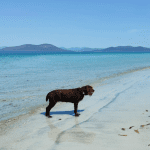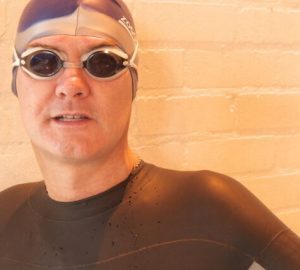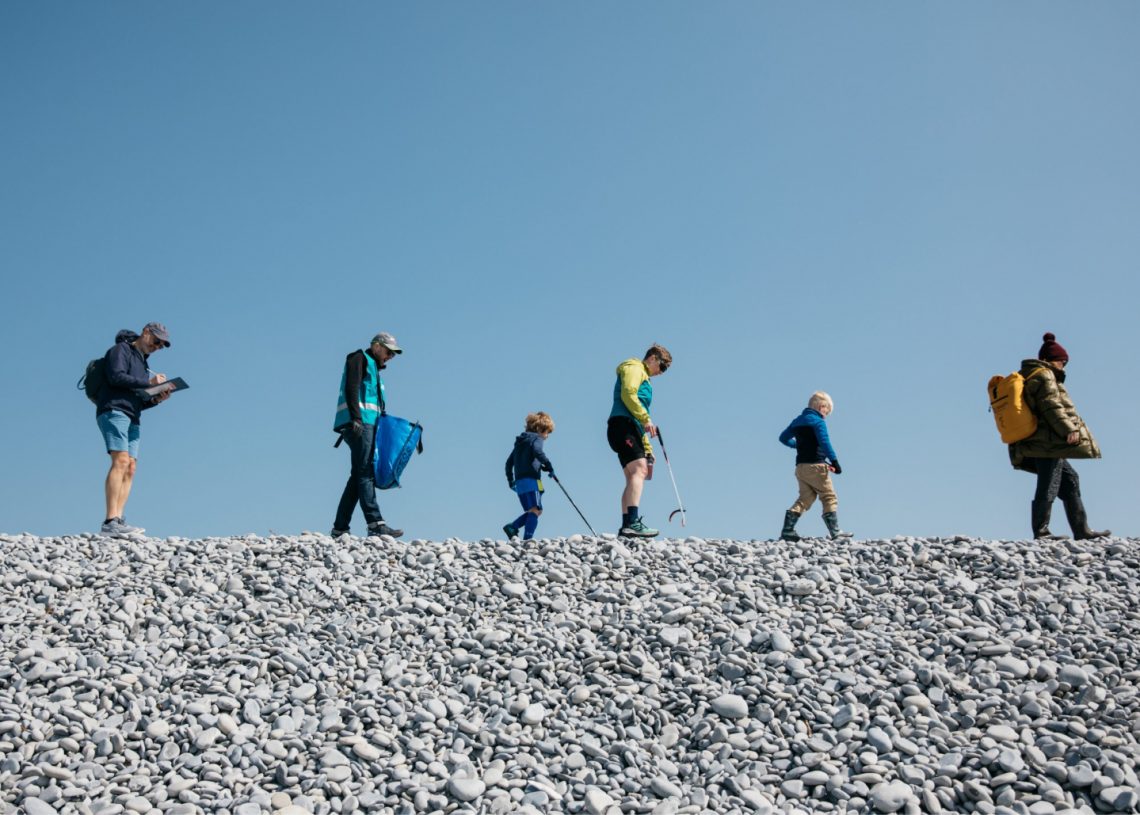
The Great British Beach Clean is back!
The Marine Conservation Society’s annual Great British Beach Clean returns this 16-25 September 2022
This is an open call for volunteers to gather together at the coast this September, for a week of beach cleaning and litter surveying. The Great British Beach Clean, sponsored by Cully & Sully, gathers more than just drink cans and washed up face masks. Every year, volunteers make note of the litter they collect and share their data with the Marine Conservation Society’s experts. The charity has used data collected to effect change such as to campaign for carrier bag charges, single-use plastic bans and deposit return schemes.
Beach cleans happen across the UK, from thriving seaside resorts to remote bays. Last year, volunteers collected over 5 tonnes of litter. That’s an average of 3.85 items found for every metre of beach surveyed across the UK.
“We wouldn’t be able to do the work we do at the Marine Conservation Society without the support of our volunteers heading out to the coast to collect vital information on what’s polluting our seas,” said Clare Trotman, Beachwatch Officer at the Marine Conservation Society.
Last year’s annual event documented that 75% of all litter collected was made from plastic and polystyrene. In every part of its journey, from production to disposal, plastic has a direct impact on the ocean’s capacity to combat the climate crisis.
Manufacturing plastic contributes to greenhouse gas emissions. What’s more, most plastic is produced using fossil fuels, meaning more plastic production results in increased carbon emissions. Plastic is also entering the food chain, from tiny phytoplankton to ocean giants, like dolphins and whales.
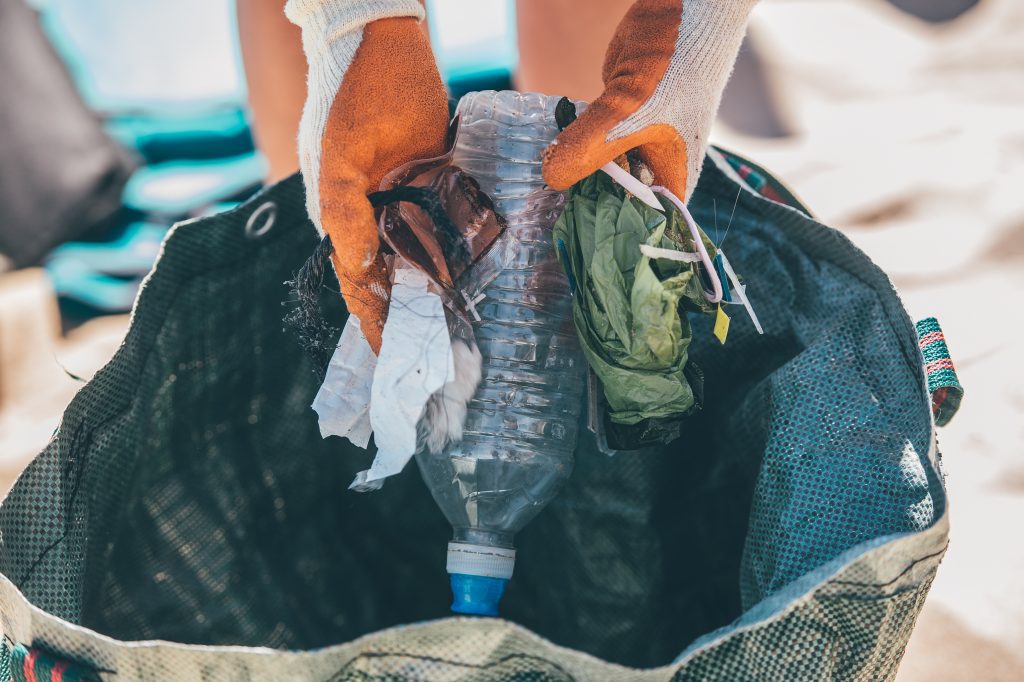
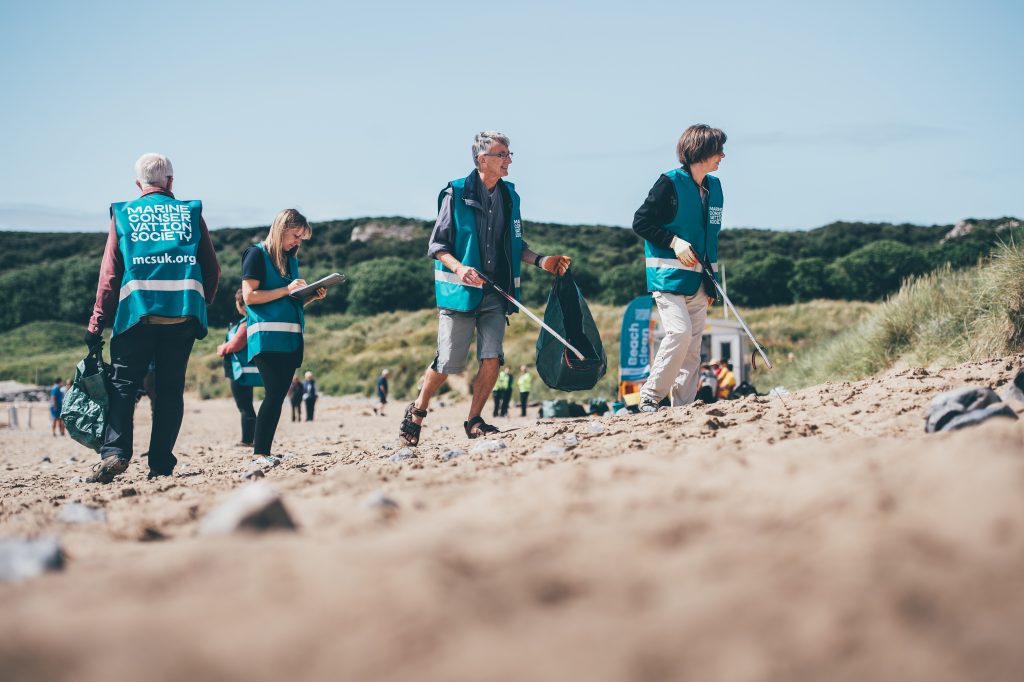
A healthy ocean, and a healthy planet
“Pollution, whether it’s big, small or even invisible, is having a hugely negative impact on our ocean and all those who rely on it – including us,” said Dr Laura Foster, Head of Clean Seas at the Marine Conservation Society.
“Tiny microplastics are being eaten by plankton at the very foundation of ocean ecosystems, animals big and small are being tangled in plastic packaging, turtles are mistaking it for food, and chemical pollution is changing the ocean’s chemistry.”
“All of this is an alarming picture of the state of our seas, but each and every volunteer who joins the Great British Beach Clean helps us research the scale of pollution in the UK. This research is vital to stop pollution at source, and we know it works. Cleaner beaches will support a healthy ocean, and a healthy planet.”
You can join the Marine Conservation Society’s Great British Beach Clean as an organiser or volunteer. Sign up here. Read our five tips for reducing your plastic waste as a swimmer.






